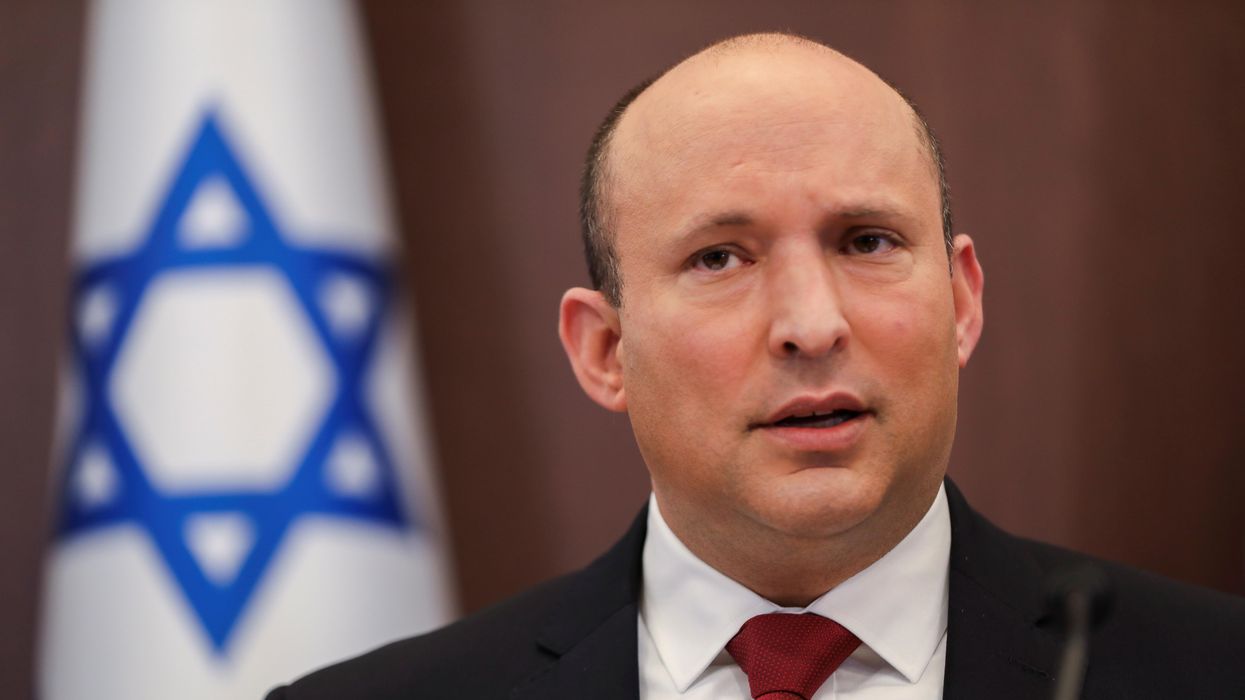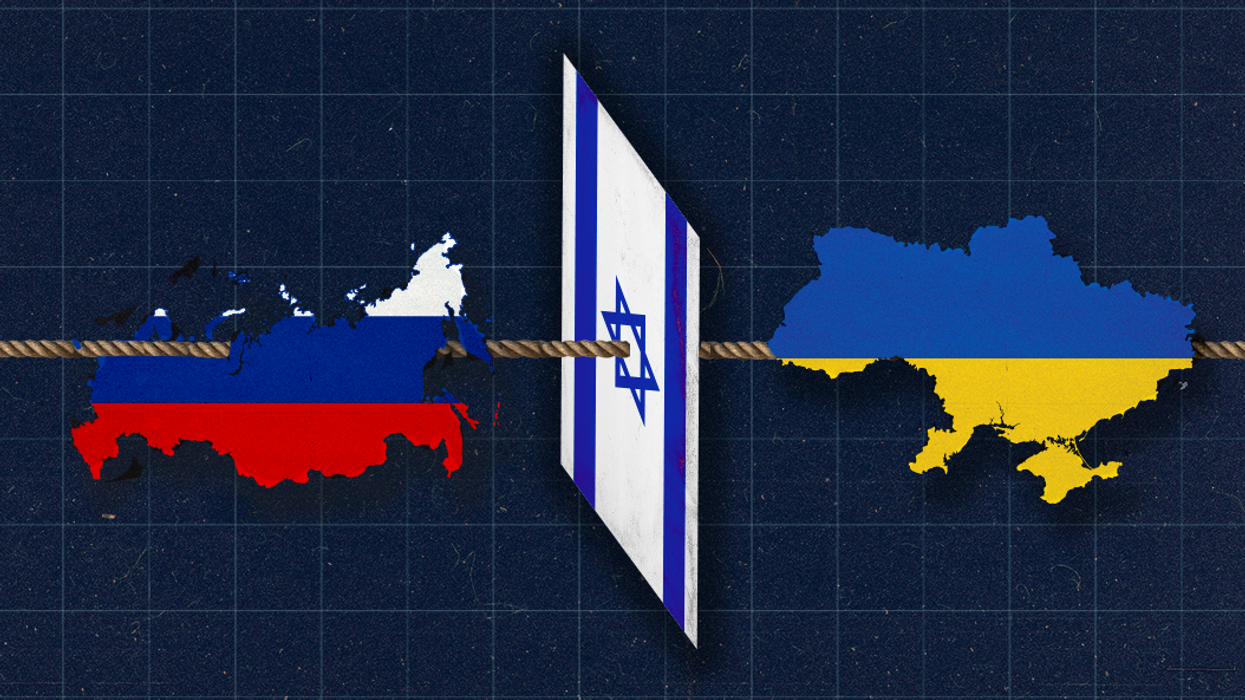News
Will Bennett ditch Ukraine peace talks to focus on domestic terror?
Israel is facing its worst domestic terror wave in nearly a decade after 11 people were killed in three cities in just one week. What are the domestic and international implications of the brutal terrorism plaguing Israel?
Mar 30, 2022


